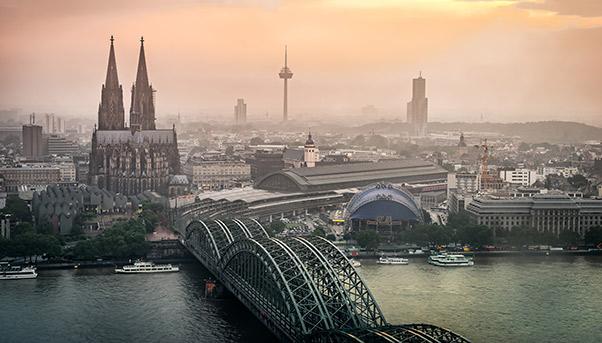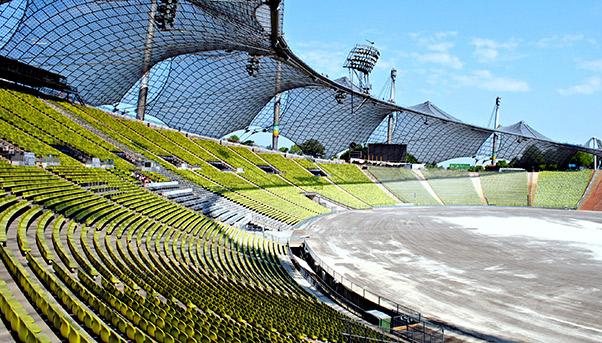
Hundreds of projects to finance for a total of €270 billion. Germany is thinking big with the launch of a massive plan to strengthen its infrastructure network until 2030.
The plan won approval from Angela Merkel’s government in early August following a proposal by Vice Chancellor and Economy Minister Sigmar Gabriel. It is going to the Bundestag – Germany’s parliament – for final approval.
Of the more than 2,000 proposals received from the country’s 16 landers, or states, Transport Minister Alexander Dobrindt has designated at least 700 projects as priorities, including roads, railways and bridges that will be renovated and built from scratch. The funds are to be allocated as follows: €133 billion for roads and highways; €112 billion for railway lines: €24 billion for navigable waterways.
As Germany’s response to calls for more expansive economic measures, the plan is the second part of an initiative launched back in 2001. At that time, €170 billion had been assigned, but many of the projects never ended up being realized. It is for this reason that Minister Dobrindt has described the new plan as realistic rather than just a dream. In an article published in the newspaper “Handelsblatt”, he underlined the fact that the German transport system had suffered for a long time for lack of investment. Studies dating back to 2013 have shown that 40% of federal roads need to be worked on to make them safe.
So the plan focuses on modernizing the country’s existing infrastructure, with €140 billion of the €270 billion earmarked for repairing roads, highways, railway lines and waterways. Of the €140 billion, €66 billion will go to roads against the €27 billion spent under the previous plan between 2001 and 2013.
For the construction of new roads and the widening of existing ones, the plan has dedicated €50 billion. The construction of new railway lines will get €34 billion, while the rest of the €112 billion assigned to this segment will be used to modernize existing lines.

The plan has had its critics, especially the Association for the Environment and Nature Conservation, known in German as BUND, that opposes what it considers to be excessive investments in roads and highways and the resulting impact that it could have on the environment.
But the plan foresees the development of a network of bicycle paths that could encourage more commuters to choose this alternative means of transportation. The example being followed is the Radschnellweg Ruhr, or RS1 – something of a bicycle highway – which is being built in the western Ruhr region. Once completed, the RS1 could take 52,000 cars off the roads every day, reducing the number of kilometres driven by cars by 400,000 every day. The projects under the latest infrastructure plan will involve cities like Hannover, Frankfurt, Nuremberg and Munich.
From roads to railway lines to navigable waterways to bicycle paths, the plan seems by and large a necessary initiative since a good part of Germany’s infrastructure network is ageing. To emphasize the point, the newspaper “Süddeutsche Zeitung” has said that two-thirds of the country’s bridges were at least 30 years old, while data from the infrastructure ministry signals out more than 2,500 public works that are in poor state.
In this context, the choice of infrastructure in which to invest in the coming years takes into consideration the rebalancing that the government has to do between the east and west of the country. In the early 1990s, after reunification, Germany made major investments in the east to modernise its network of roads and highways because of their decrepit state. More than 20 years later, this enormous effort to bring the region to the level of the rest of the country has created an imbalance since the infrastructure of the west has since found itself in need of repair, too. This is why most of the projects proposed by the plan is located in the west with the aim of making one of the densest transportation networks in the world more modern and efficient.
The government has scheduled a period of public consultation during which every single project will be discussed. It aims to arrive by the end of this year at a final vote by parliament in order to begin what the transport ministry has described as the biggest infrastructure plan in the country’s history.

